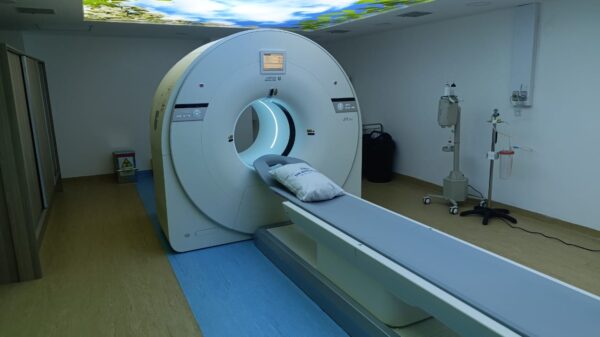PARIS, Nov 22 – Japanese auto giant Nissan wants to move production and support functions to dollar-linked economies, including the United States and China, to avoid currency volatility, the Financial Times reported on Monday.
Nissan chief executive Carlos Ghosn, who also heads France\’s Renault, said the company wanted to correct a "big imbalance" in its costs and revenues due to making cars in Japan that are then sold in the United States and dollar-linked economies in Asia.
"What we (want) to do is shift more of our cost from a yen base to a dollar base," Ghosn told the newspaper, adding that while this would not mean closing down facilities in Japan, the company could not expand there.
Ghosn\’s remarks come amid fears that tensions over global trade imbalances could degenerate into a series of beggar-thy-neighbour devaluations as countries seek to gain a trade advantage from a cheaper currency.
Washington has long charged Beijing with keeping the yuan deliberately undervalued to boost Chinese exports while China has responded in kind, saying US monetary policy aims to weaken the dollar.
For Japan\’s key exporting companies, the dollar is down about 10 percent against the yen so far this year, making overseas sales harder.
Ghosn told the Finance Times that exchange rate volatility of any kind was damaging to business because it undercut long-term strategy.
"The only way you can protect yourself is by making sure your currency footprint is balanced. If there is any imbalance, it should be small," he said.
Ghosn contrasted the position at Renault, which is relatively well-balanced in terms of the match between its cost base and its sales, with Nissan, which has "an unbalanced footprint, and the big imbalance is the yen to the dollar."
The newspaper said this means Nissan needs to have more of its factories and administrative costs outside Japan, in the United States or dollar-linked economies.
Nissan’s expansion in the United States is being led by its new Leaf electric car, which will initially be exported from Japan, but from 2012 will be manufactured in Tennessee, it noted.
The Financial Times said Ghosn also spoke enthusiastically about the prospects for the Renault-Nissan alliance in Russia, where it has been invited by Prime Minister Vladimir Putin, to raise its stake in Avtovaz, the manufacturer of the Lada, to up to 50 percent.
Renault currently owns 25 percent plus one share of the struggling Russian automaker.
Asked if he would accept Putin’s invitation, Ghosn said: "We’re going to look at the timing, the conditions, but very likely, yes.
"We are going to put in a lot of technology, develop a lot of capacity, do a lot of things together between Avtovaz Lada, Renault and Nissan."


































